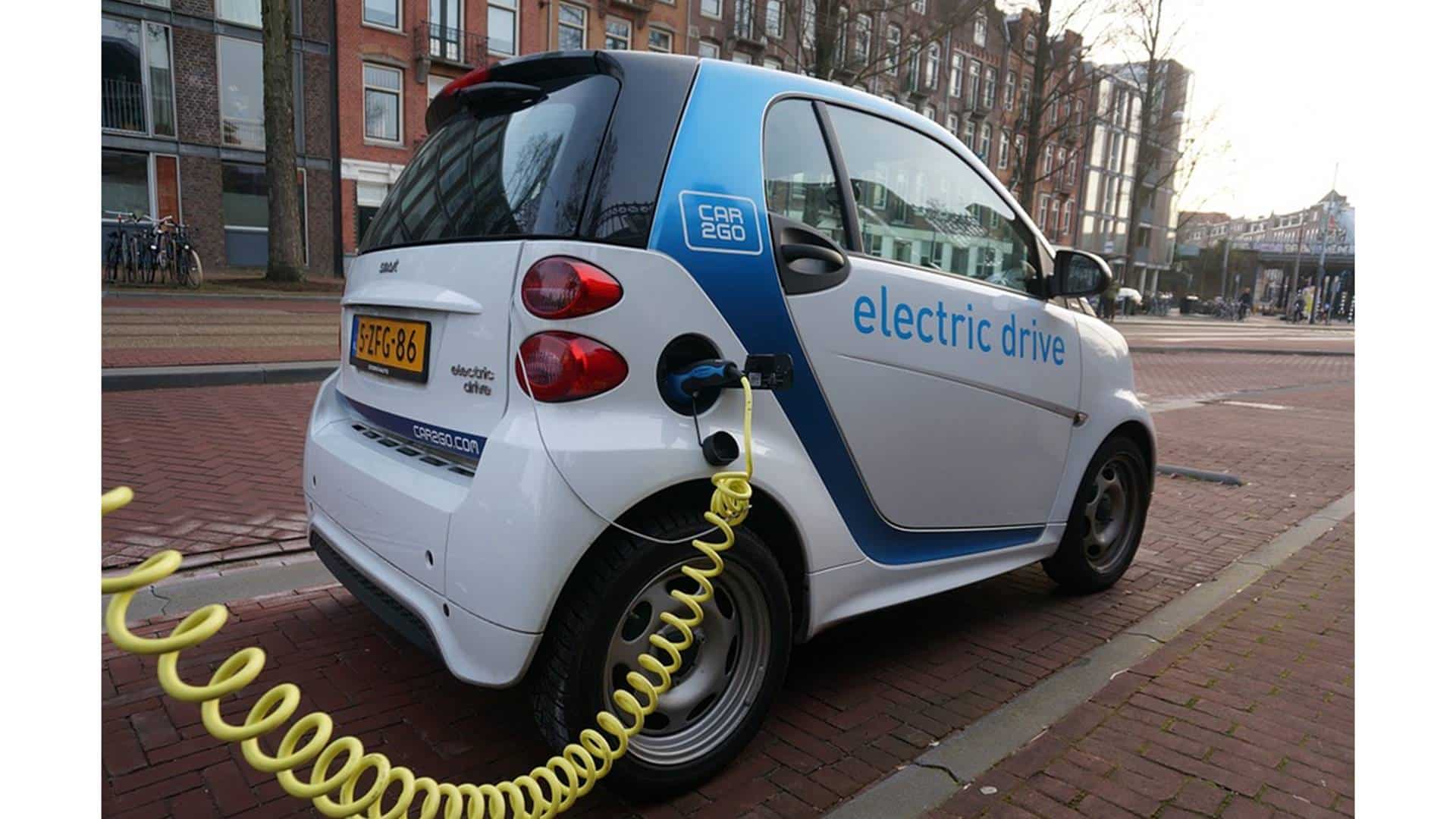Business
New residential projects to have at least 5% of parking lots reserved for EV charging facility: Report
The price appreciation in real estate for residential asset class with installing Electric Vehicle (EV) Charging Stations is expected between 2% – 5% in newly constructed buildings and upwards of 1% in regular existing buildings, says JLL.
According to JLL, the EV industry will grow at a CAGR of upwards of 40% by 2030 given the government policies and massive EV adoption rate. This will surge the demand for EV charging stations in buildings, thereby driving the need for such spaces. It is expected that installation of EV charging stations in existing buildings will go up drastically by 2026. Depending on type of buildings, these retrofit projects will have a major impact on pricing of residential asset class and will also help in efficient utilisation of real estate. Currently, the owners are installing stations with the support from service providers in residential areas. In many other large-scale developments, association has taken up the activity, installed these facilities, in turn earning from the users on a fixed fee model. However, going forward, according to JLL, all new residential planned developments will have at least 5% of parking lots reserved for common charging facility.
“There will be a premium of at least 1% for spaces in existing buildings with retrofit of charging points given the challenges pertaining to high installation costs of charging units for large residential complexes/multi-storey buildings and limited power supply capacity. Charging Stations are IoT devices, so internet availability and connectivity should also be provided. Whereas in short term, in places where there is high demand or more than 60% of the residents own EVs, this premium can go up to 2%-5%, especially in new green residential complexes. This surge of EVs in India is due to increased demand, government incentives and the considerable population moving towards sustainable way of living which will lead to economies of scale for the developers in long run,” said A Shankar, Head – Strategic Consulting and Valuation Advisory, India, JLL.
In office markets, the landowners will create this facility with a user fee or lease the land to charging service provider or earn through regular revenue share model, however, the challenge being the non-availability of vacant parking lots. Few existing parking lots will be reserved for such requirement in offices too. Public EV charging hubs will also provide the maintaining and servicing requirements of the vehicles.
Also Read: India, UK to launch solar Green Grids Initiative at COP26
Metro stations and malls parking lots are also being promoted to tap this demand. Many petrol stations are also added with these facilities. Either the public authority develops the charging infrastructure and lease it to operator or lease the land to the service provider for long term. We estimate that this is to create a huge demand for the space and location, trigger more real estate asset classes and ultimately command premium over spaces which do not provide such facilities.
Government-led initiatives’ pivotal role in improving EV ecosystem
With an aim to prioritize shift towards e-mobility, the government introduced Policies National Electric Mission Mobility Plan 2020 and adopted the Faster Adoption and Manufacturing of Hybrid and EV (FAME) scheme in 2015 of INR 8.95 billion (USD 130 million), which provided subsidies for electric two wheelers like scooter, electric three wheelers and e-cars. Under Phase II of FAME Scheme launched in 2019, INR 8597 crore has been approved for incentives and INR 1000 crore has been allocated to the development of charging infrastructure. EV Policies have been implemented in 14 states (Andhra Pradesh, Bihar, Delhi, Gujarat, Karnataka, Kerala, Madhya Pradesh, Maharashtra, Punjab, Tamil Nadu, Telangana, Uttar Pradesh, Orissa and Uttarakhand) and in draft stage in 4 states (Chandigarh, Haryana, Assam, Himachal Pradesh).
As the world is shifting towards sustainable and renewable forms of energy in all walks of life, EVs are considered the future of the automobile industry. With added incentives and policy support from the government, the demand for EV will be only go up.









































Pingback: Top 7 Cities 45% Hike, 5 Year Price Surge in Real Estate says Anarock